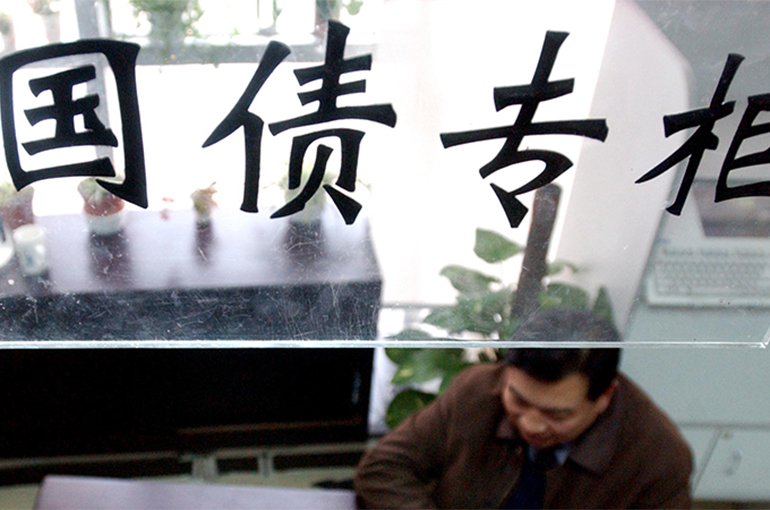 China’s Benchmark Bond Yield Falls to Lowest in 22 Years
China’s Benchmark Bond Yield Falls to Lowest in 22 Years(Yicai) Dec. 3 -- The yield on China’s benchmark 10-year government bonds fell below 2 percent yesterday to the lowest since April 2022, following regulatory changes to market interest rates and substantial liquidity injections by the central bank.
Interest rates usually drop in December due to seasonal factors, with funds buying large amounts of bonds and thereby pushing down the yield, said Liu Yu, chief fixed income analyst at Huaxi Securities. He noted that 1.95 percent could act as a temporary resistance level for the 10-year bond yield.
Other experts suggest that the drop may have been due to the implementation of policies this month aimed at regulating interbank pricing and corporate deposit rates. Additionally, the year-end release of liquidity by the People’s Bank of China may have also contributed to the decline.
Two notices issued by the Self-Regulatory Pricing Mechanism for Market Interest Rates on Nov. 29 took effect on Dec. 1. The first introduces self-regulation for non-bank interbank deposit rates and mandates that non-bank overnight deposit rates align with the seven-day reverse repurchase rate, improving the transmission of policy rates.
The second adds an “interest rate adjustment underwriting clause” to banks’ corporate deposit agreements, ensuring that interest rate changes are promptly reflected in actual deposits, thereby eliminating barriers to effective policy rate transmission.
The changes to the self-regulatory pricing mechanism will benefit the bond market because the lower cost of interbank liabilities may lead to a decline in non-banking fund rates, making the 1.5 percent seven-day reverse repo rate a new lower benchmark for non-bank overnight deposits, Liu noted.
Meanwhile, the introduction of the interest rate adjustment underwriting clause for company deposits will likely crank up the demand for fixed-income assets due to yield scarcity, Liu added.
The decline in deposit rates has created more space for lower short-term deposit rates, a fixed-income analyst told Yicai. The PBOC recently released nearly CNY1 trillion (USD137.2 billion) of liquidity into the market, equivalent to cutting the required reserve ratio and interest rates, to stimulate institutional purchases of bonds.
The Self-Regulatory Pricing Mechanism for Market Interest Rates, set up in 2013, aims to create a self-regulating framework for market interest rates. Comprising financial institutions, it oversees the interest rates they independently set in the money, credit, and other financial markets.
The mechanism’s goal is to maintain market order, ensure fair competition, and promote the healthy development of the financial market.
Editor: Futura Costaglione